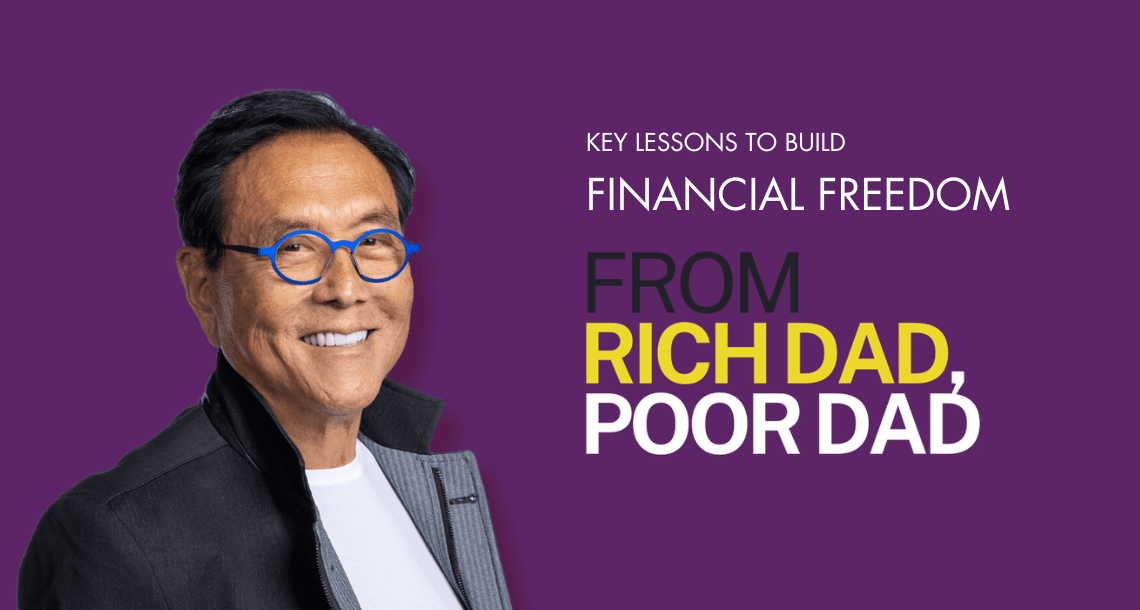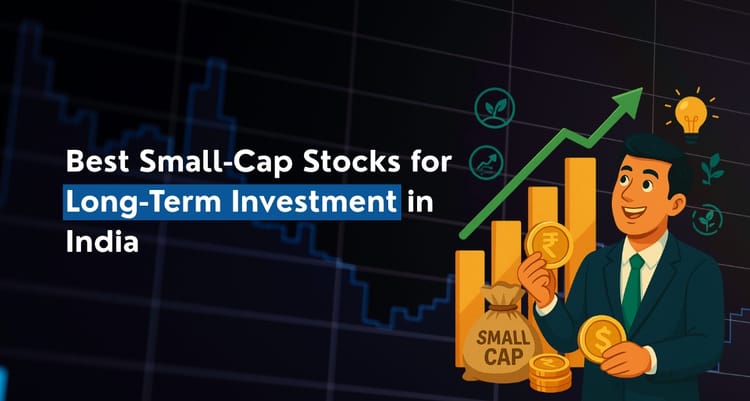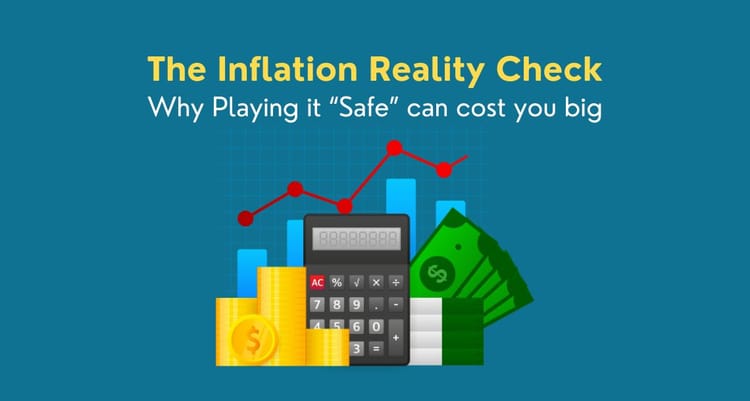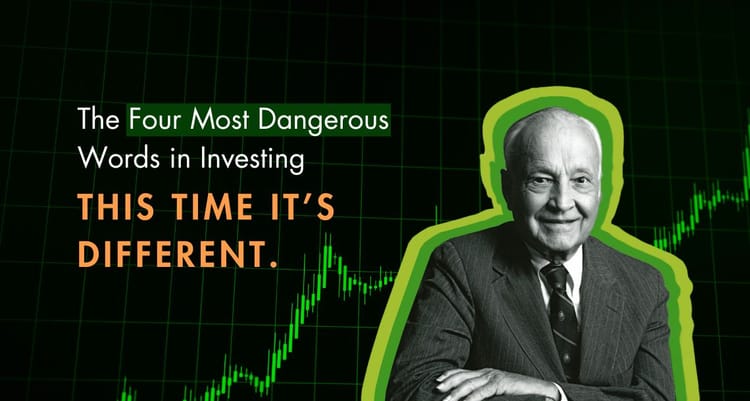Rich Dad Poor Dad: Key Lessons to Build Financial Freedom

Welcome to a journey of financial enlightenment inspired by Robert Kiyosaki's groundbreaking book, "Rich Dad Poor Dad". The key lessons that can empower you to take control of your financial destiny and build a future of prosperity.
Lesson 1: Importance of Financial Education
In the vast sea of knowledge, financial education stands out as a beacon of light. Unlike traditional schooling, which often neglects the fundamentals of managing money, financial education equips you with the tools to navigate the complexities of the financial world. It's not just about earning, but about learning how to make your money work for you. By embracing financial literacy, you empower yourself to make informed decisions and pave the way for a secure financial future.
Lesson 2: Understanding Assets and Liabilities
In the realm of finance, distinguishing between assets and liabilities is paramount. Assets are your allies, generating income and appreciating in value over time. Liabilities, on the other hand, drain your resources and hinder your financial growth. By prioritizing the acquisition of assets and minimizing liabilities, you set yourself on the path to wealth accumulation and financial independence.
Lesson 3: Power of Mindset
Your mindset is the compass that guides your financial journey. By cultivating an entrepreneurial mindset, you shift from being a passive observer to an active participant in the wealth-building process. Embrace the belief that wealth is attainable through diligence, perseverance, and a willingness to take calculated risks. With the right mindset, you can overcome obstacles, seize opportunities, and chart a course towards financial success.
Lesson 4: Making Money Work for You
Passive income is the cornerstone of financial freedom. Instead of trading your time for money, leverage your resources to generate passive streams of income. Whether through real estate investments, stock market ventures, or entrepreneurial endeavors, prioritize investments that yield long-term returns. By making money work for you, you create a sustainable foundation for financial prosperity.
Lesson 5: Embracing Risk and Failure
Risk and failure are inevitable companions on the road to success. Rather than shying away from challenges, embrace them as opportunities for growth and learning. View failure not as a setback, but as a stepping stone towards refinement and improvement. By taking calculated risks and learning from setbacks, you build resilience and fortitude on your journey to financial independence.
Lesson 6: Power of Networks and Mentors
Surround yourself with a supportive network of like-minded individuals who share your vision for financial success. Seek guidance from mentors who have traversed the path you aspire to tread. Learn from their experiences, glean insights from their wisdom, and leverage their expertise to accelerate your own growth. By cultivating a network of mentors and peers, you create a community of support and encouragement on your quest for financial freedom.
"Rich Dad Poor Dad" offers invaluable lessons that transcend mere financial advice. It's a blueprint for transforming your mindset, reshaping your habits, and rewriting your financial future. By embracing these lessons, you empower yourself to break free from the shackles of financial insecurity and embark on a journey towards abundance and prosperity.
So, seize the opportunity, embrace the lessons, and embark on the path to financial freedom. Your future awaits, and the possibilities are endless.
Frequently Asked Questions (FAQ)
1. What is the main focus of "Rich Dad Poor Dad" by Robert Kiyosaki?
The main focus of "Rich Dad Poor Dad" is to provide financial education and insights into building wealth and achieving financial independence. The book contrasts the financial philosophies of Kiyosaki’s two father figures: his own (Poor Dad) and his best friend's father (Rich Dad).
2. Why is financial education important according to "Rich Dad Poor Dad"?
Financial education is important because it equips individuals with the knowledge and skills needed to manage money effectively, make informed financial decisions, and build wealth. It emphasizes learning how to make money work for you, rather than just earning it.
3. How does the book define assets and liabilities?
In "Rich Dad Poor Dad":
- Assets are things that put money in your pocket, such as real estate, stocks, bonds, and businesses.
- Liabilities are things that take money out of your pocket, such as loans, credit card debt, and mortgages.
4. What role does mindset play in financial success?
Mindset is crucial in financial success as it shapes how you approach money, investments, and opportunities. An entrepreneurial mindset encourages active participation in wealth-building, embracing risk, and viewing failures as learning opportunities.
5. What is the significance of making money work for you?
Making money work for you involves creating passive income streams through investments like real estate, stocks, and businesses. This approach allows you to generate income without actively trading your time for money, leading to financial independence.
6. How should one approach risk and failure in the context of financial growth?
Risk and failure should be embraced as part of the journey to financial success. Taking calculated risks and learning from failures help build resilience and provide valuable lessons that contribute to long-term financial growth.
7. Why are networks and mentors important in achieving financial freedom?
Networks and mentors provide support, guidance, and valuable insights from those who have successfully navigated the path to financial success. Learning from their experiences can accelerate your own financial growth and help you avoid common pitfalls.
8. How can I start applying the lessons from "Rich Dad Poor Dad" to my life?
To start applying the lessons:
- Focus on financial education and continuously learn about managing money and investments.
- Distinguish between assets and liabilities and prioritize acquiring assets.
- Cultivate an entrepreneurial mindset and be willing to take calculated risks.
- Seek opportunities to create passive income streams.
- Surround yourself with a supportive network and seek guidance from mentors.
9. What are some practical steps to start building financial freedom?
Practical steps include:
- Investing in financial education resources like books, courses, and seminars.
- Creating a budget to manage expenses and save for investments.
- Starting small with investments in assets such as stocks or real estate.
- Continuously reviewing and adjusting your financial strategies based on your goals and market conditions.
10. How can I leverage Fynocrat to achieve my financial goals?
To leverage Fynocrat for your financial goals, you can plan your investments with us. We offer personalized investment strategies and professional guidance to help you build wealth and achieve financial independence.






Member discussion